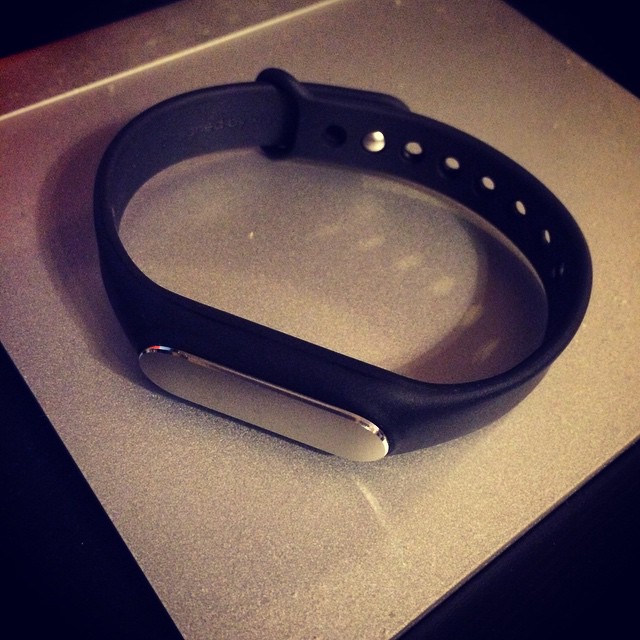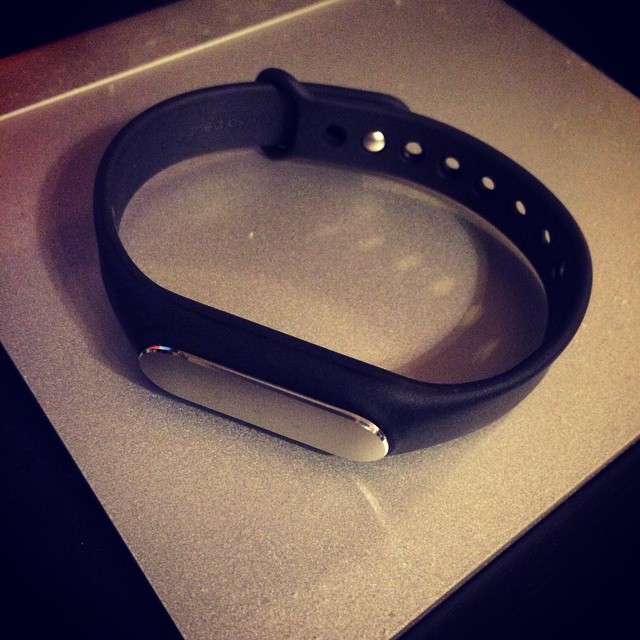
Björn Koblow
The findings were published in the world’s most widely read medical journal The Journal of the American Medical Association (JAMA). The conclusions contradict not only the advertising slogans, but even results of previous, quite scientific, experiments. The scientists from the University of Pittsburgh claim that it is much more effective to lose weight without using such gadgets.
The study involved 470 overweight volunteers (men and women aged 18 to 35 years). All previous similar studies have been less ambitious. Within six months, all the volunteers lived in the same program of physical activity (at least 100 minutes of active movement in the week) and food, were detailed diary and attended weekly consultations with specialists. Weighing after six months of the experiment showed that all participants lost weight.
Thereafter, the volunteers were divided into two groups. One was given fitness trackers, which had to be worn on the hand, and which independently transmitted to researchers data on physical activity and consumption of calories. Another group received no gadgets, but the participants themselves had to send similar reports daily. The researchers expected that the group armed with fitness trackers would have been more active and would have lost weight faster.
After 18 months, the two groups came together and had a final weighing. Most of the volunteers were able to get rid of excess weight. Some of the people partially regained kilograms dropped in the first six months. In general, owners of fitness trackers lost an average of 3.6 kg, while those who worked without gadgets - 5.9 kg.
The study concludes that a device that controls the amount of exercise do not give advantages over standard approaches to getting rid of excess weight.
Meanwhile, research firm IDC expects that sales of such devices will grow over sales of other portable gadgets. In the second quarter of this year, the fitness tracker market has grown by 48.8%. Share of trackers and similar simple gadgets that do not support third-party applications, ceized 82.8% of sales of all portable devices. The largest players in the market are American Fitbit with a share of 25.4% and Chinese Xiaomi (14%). Garmin, Lifesense, Misfit, and others are also quite popular.
John Jakicic, Professor at the University of Pittsburgh and lead author of the study, told The New York Times that owners of fitness trackers (according to the gadgets themselves) were engaged and moved less than those who did not have the devices. The professor believes that some volunteers with the electronic assistants decided that responsibility for losing weight now rests on the gadget. People focused on the technology and forget that only their own habits can change them, the scientist said.
source: nytimes.com
The study involved 470 overweight volunteers (men and women aged 18 to 35 years). All previous similar studies have been less ambitious. Within six months, all the volunteers lived in the same program of physical activity (at least 100 minutes of active movement in the week) and food, were detailed diary and attended weekly consultations with specialists. Weighing after six months of the experiment showed that all participants lost weight.
Thereafter, the volunteers were divided into two groups. One was given fitness trackers, which had to be worn on the hand, and which independently transmitted to researchers data on physical activity and consumption of calories. Another group received no gadgets, but the participants themselves had to send similar reports daily. The researchers expected that the group armed with fitness trackers would have been more active and would have lost weight faster.
After 18 months, the two groups came together and had a final weighing. Most of the volunteers were able to get rid of excess weight. Some of the people partially regained kilograms dropped in the first six months. In general, owners of fitness trackers lost an average of 3.6 kg, while those who worked without gadgets - 5.9 kg.
The study concludes that a device that controls the amount of exercise do not give advantages over standard approaches to getting rid of excess weight.
Meanwhile, research firm IDC expects that sales of such devices will grow over sales of other portable gadgets. In the second quarter of this year, the fitness tracker market has grown by 48.8%. Share of trackers and similar simple gadgets that do not support third-party applications, ceized 82.8% of sales of all portable devices. The largest players in the market are American Fitbit with a share of 25.4% and Chinese Xiaomi (14%). Garmin, Lifesense, Misfit, and others are also quite popular.
John Jakicic, Professor at the University of Pittsburgh and lead author of the study, told The New York Times that owners of fitness trackers (according to the gadgets themselves) were engaged and moved less than those who did not have the devices. The professor believes that some volunteers with the electronic assistants decided that responsibility for losing weight now rests on the gadget. People focused on the technology and forget that only their own habits can change them, the scientist said.
source: nytimes.com


















